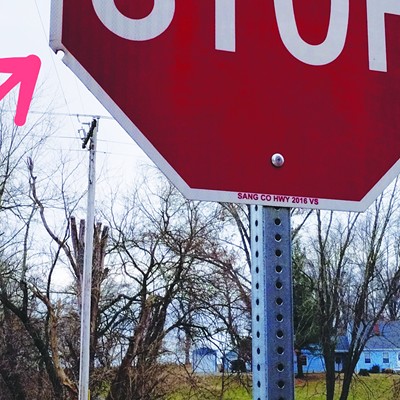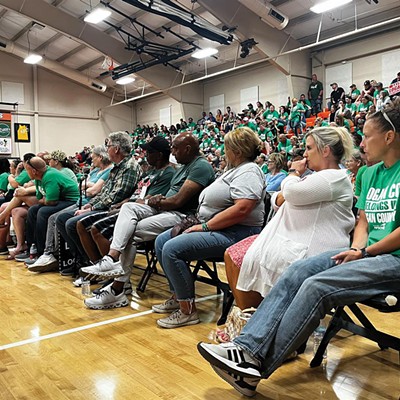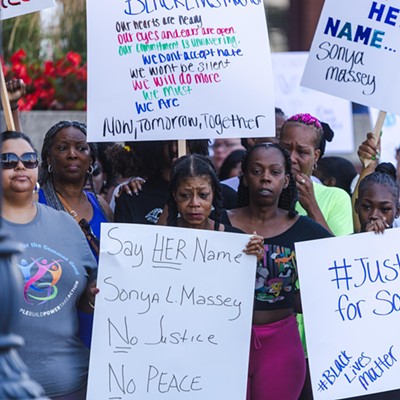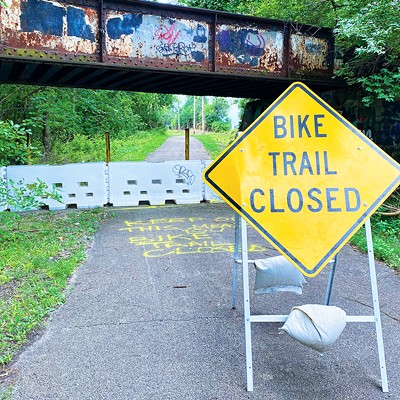The LOOTING. Oh, the looting! It begins with a wrongful invasion. Then there is wanton taking. Later, always, comes some tragic aftermath.
We've all read about powerful gangs barging in where they had no right to be, eager to grab all they could and escape to turn a profit on their booty. Rivalries among these gangs can rise to warfare. First Holland challenged Portugal's monopoly. Soon Scotland, Sweden and Denmark joined the looting of West Africa. They sailed west leaving broken communities behind and fat sharks in their literal wake as they dumped unsellable goods into the sea.
On this side of the Atlantic thousands of men forced their way into vaginas of slaves and looted their wombs. The plunder from these rapes increased slavestocks for greedy owners while the raw white power of it all carved generations of wounded spirit into Black women, men and children.
Here in Springfield, in 1908, one goon squad worked up over a Black-on-white rape accusation (later categorically recanted) trespassed onto William and Sarah Donnegan's property. They carried off Donnegan, a man of 84 who most accounts say made boots for Abraham Lincoln. Donnegan had no part in any alleged crime. However, he had been married to his white wife for decades, and that may have been crime enough in mid-August's citywide race riot. He was hanged from a schoolyard tree across the street and cut open but did not die until the following morning. Death and destruction from those three days of pillage shattered dreams in this city with the highest percentage Black population in Illinois, shattered dreams of souls who migrated to the home of the Great Emancipator.
Another Black-on-white rape rumor (which ballooned out of a Black teen grabbing for a nearby arm as he tripped) in 1921 ignited one of America's worst post-slavery mass murders. In the 19-hour Tulsa Race Massacre, marauders (some deputized and armed by city officials) bombed, burned and looted businesses, churches and hospitals as well as more than a thousand homes in the 35-block Greenwood section, often called Black Wall Street for its thriving commerce. Along with the obvious tragic aftermath is one of willful ignorance. It took 50 years, until 1971, for any white-owned Tulsa newspaper to acknowledge the slaughter in print. (The riot's story was left solely to and told well by the local Black-owned weekly paper, Oklahoma Eagle.)
The New Yorker's Lizzie Presser writes that during the last century African Americans lost about 90% of their farmland. This looting continues. Rightful owners have been literally and legally lynched. Wrongful takings are a major contributor to racial wealth gaps. Blacks after the Civil War wanted land above all else except freedom. (It's the origin of "40 acres and a mule.") Promises were made though mostly broken. Some freedmen were granted land or bought acreage, especially in the South. Presser reports that around 1900 a white-supremacist group called Whitecaps started threatening Black farmers with murder if they did not abandon their land. They fled in droves. By mid-century, looting gained a legal patina. Historically not trusting civil authorities, African Americans rarely wrote wills. Land was left as heirs' property or untitled land. As such it was ineligible for government programs or loans, for example disaster relief after Hurricane Katrina in 2005. Speculators and others found laws and loopholes that continue to drive Black owners off their land. Economic experts conclude billions of dollars worth of land has been taken, and hundreds of billions in income has been lost to African Americans.
One month ago white Minneapolis police officer Derek Chauvin became a looter. He wrongly invaded the body of Black George Floyd. He wantonly took Floyd's most precious possession. The aftermath is a righteous eruption of global anger and anguish, including the small irony of a little looting.
Doug Kamholz, of Springfield, spent years as a local activist, Illinois farmer and traveling reporter. He now emails his weekly "Wednesday Moorings with Moxie" to anyone who contacts [email protected].

















